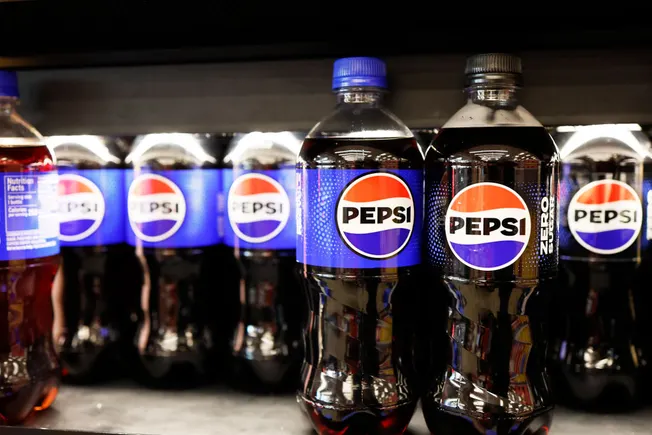Food & Beverage News: Insights, Safety, and Dining Trends
PepsiCo is reducing the scope of some of its sustainability targets as the food and beverage giant becomes more “pragmatic” around its climate investments, according to a statement on Thursday.
The company is sunsetting a goal to reduce total emissions more than 40% by 2030. It is also ditching some targets to reduce packaging waste, while expanding goals around regenerative agriculture.
The move is meant to better position PepsiCo for growth while acknowledging external barriers like a lack of infrastructure that has hampered the company’s ability to meet targets on time. The company’s goals around delivering more diverse ingredients while lowering saturated fat, sugar, and sodium content remains unchanged.
“Our sustainability journey will not always be linear, but we are focused on doing the work that can both strengthen our business resilience and support a positive impact for the planet,” Jim Andrew, PepsiCo chief sustainability officer, said in a statement.
The company launched its PepsiCo Positive (pep+) sustainability strategy nearly four years ago, in September 2021. While noting progress toward the goals since implementation, the company also says the revamp accounts for “external realities” including “changing government approaches” plus lagging recycling and electric grid infrastructure.
“Our goals must evolve with us to keep our ambition and to deliver on our long-term vision,” PepsiCo CEO Ramon Laguarta said in a statement.
These are some of the emissions goals that have changed:
- Total emissions: The company retired its goal to reduce total scope 1, 2 and 3 emissions by more than 40% by 2030 from a 2015 baseline. Instead it will focus on “evolved near-term targets.”
- Scope 1 and 2 emissions reduction: The target for reducing scope 1 and 2 emissions has been downgraded from 75% by 2030 to 50% by that same year. The baseline year also shifted from 2015 to 2022. PepsiCo said this target remains aligned with the 1.5 degrees Celsius scenario, per the Science Based Targets initiative.
- Scope 3 emissions reduction: PepsiCo split up its scope 3 emissions tracking, with the previous goal to achieve a 40% reduction by 2030 compared with a 2015 baseline. Now, it aims for a 42% reduction in scope 3 energy and industry emissions by 2030, and a 30% reduction in scope 3 forest, land and agriculture emissions by 2030, both compared with a 2022 baseline.
- Net zero: The previous deadline to achieve net-zero emissions, by 2040 versus a 2015 baseline, is extended to 2050. This also aligns with SBTi’s 1.5 degrees C scenario, the company said.
The beverages and snacks giant also pared down its commitment around packaging, sunsetting a goal to scale reusable models in order to reduce single-use packaging. It also lowered targets around using recycled, biobased or renewable materials, instead focusing on supporting partners who develop new material technologies.
The refined packaging goals will still “require investment, innovation and cross-sector collaboration to drive systemic change,” the company says. But PepsiCo called out specific challenges to that mission. For example, the company said that India first passed laws in 2023 allowing recycled PET to be used in beverage packaging and it added food packaging this year; meanwhile, China does not allow rPET in food-grade packaging.
PepsiCo flagged some struggles prior to this year, too. Upon releasing its 2023 sustainability report in June 2024, PepsiCo acknowledged that it was unlikely to meet certain goals. That included the 2025 goal to design 100% of its packaging to be recyclable, compostable, biodegradable or reusable, with the projected 2025 achievement of 98%. Other large companies — including Coca-Cola, Colgate-Palmolive, Mars and Unilever — similarly flagged last year that they likely wouldn’t meet certain goals.
Refining its sustainability goals will allow PepsiCo to focus on areas where it believes it can have the most impact, such as regenerative agriculture and water stewardship. The company expanded its regenerative agriculture goal to bring healthy soil practices to 10 million acres by 2030.
PepsiCo says its new targets are still ambitious and “reflect transparency about challenges.” The company’s 2024 ESG report will be available later this year.
Read the full article from the original source


